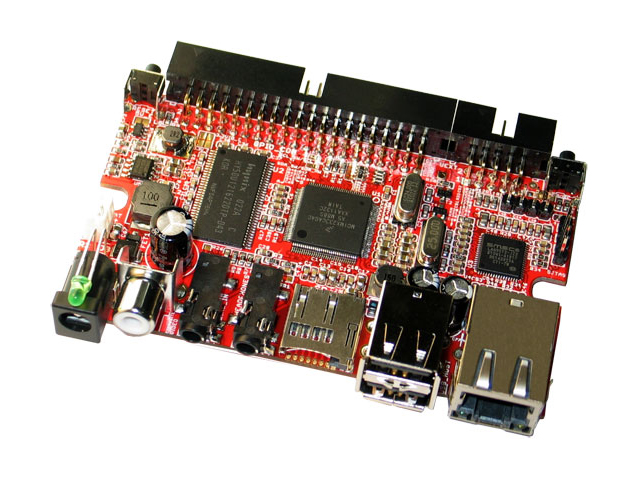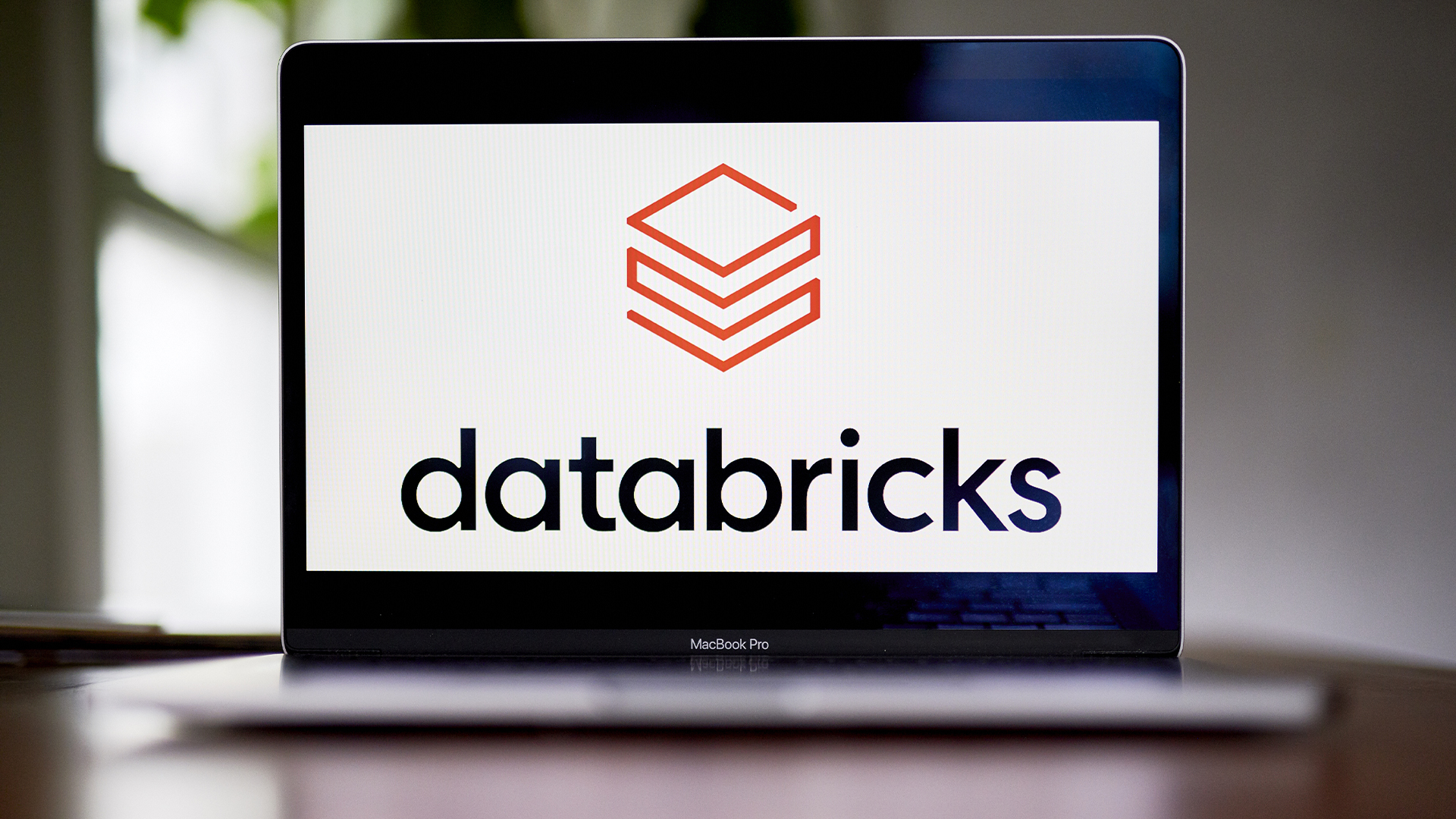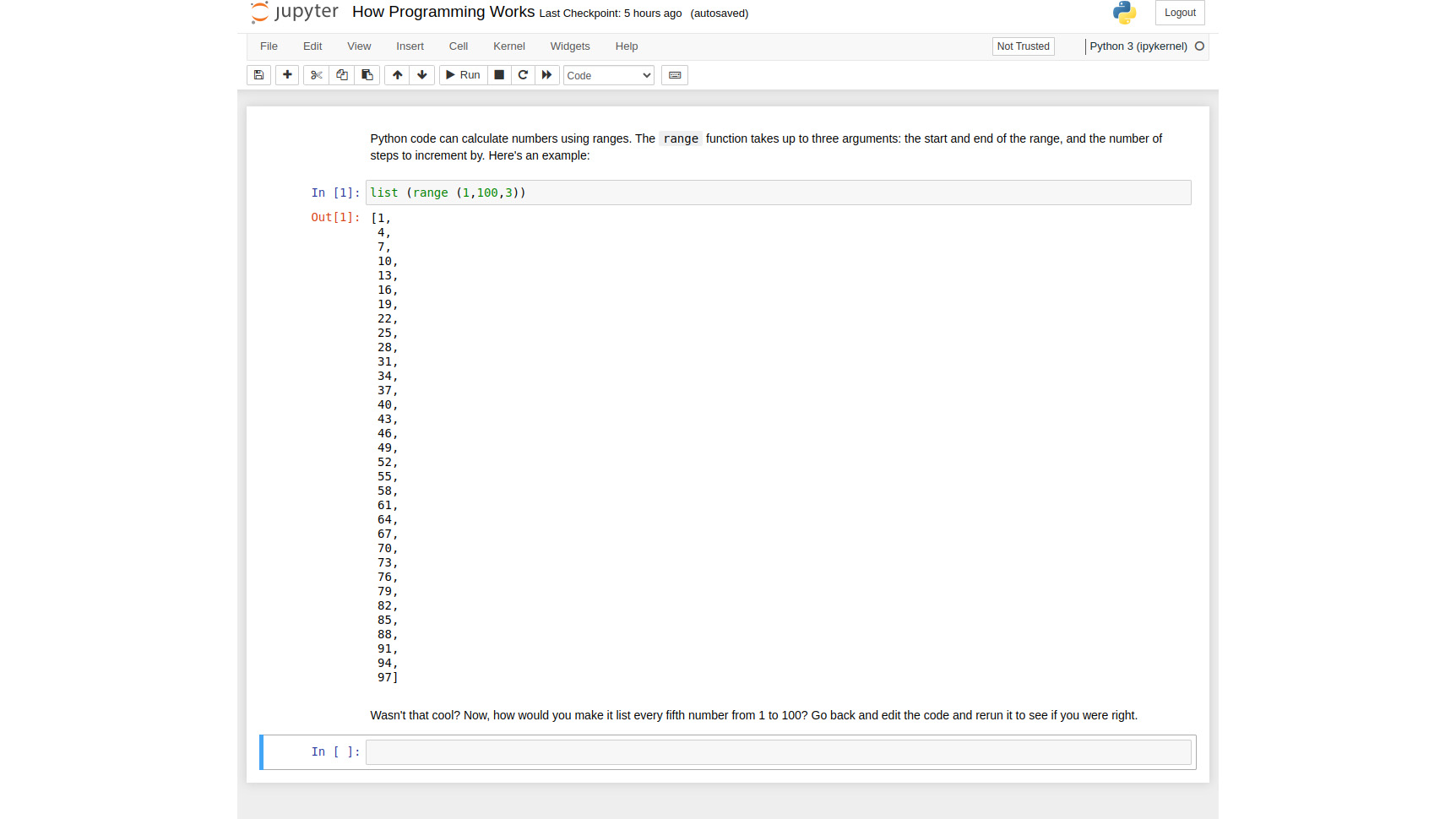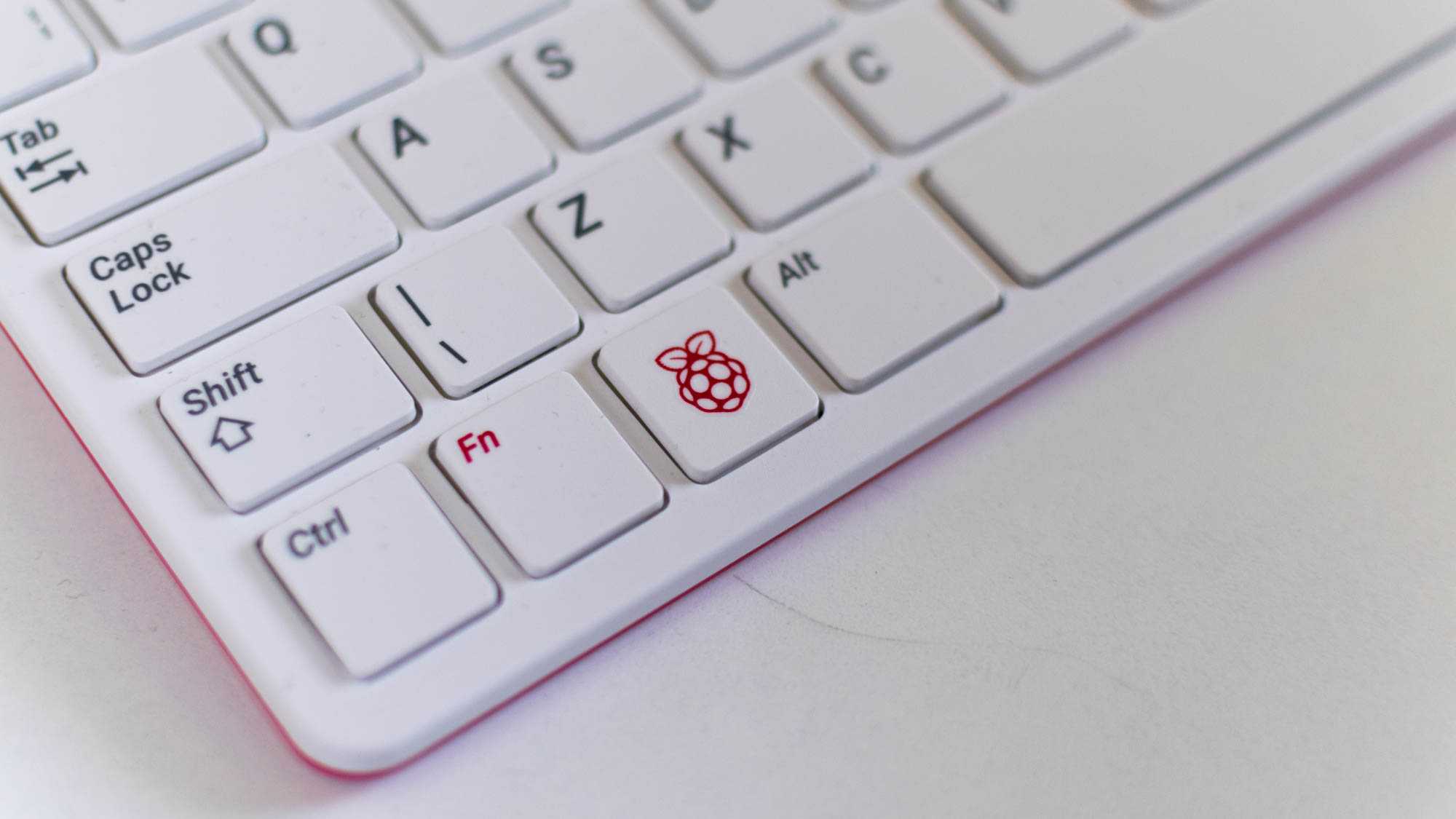Raspberry Pi: What's in it for business?
The £29 micro-computing marvel has finally shipped, and we investigate the potential business benefits that it could deliver in the UK.

Increasing competition
The Pi has the potential to boost the UK technology industry in other ways. It has already demonstrated that there is demand for low-cost and easily-accessible equivalents to the expensive development boards of today. Much of the demand so far has come from end-users eager to use the device as a media-streaming system.
The success of the Pi has triggered several clone projects. Bulgarian open-source electronics house Olimex has already begun small-scale production of a rival device dubbed the OLINUXINO. This features the iMX233 ARM-based microprocessor and there are plans to produce more powerful devices in the near future. Manufacturers of existing development boards are also looking to re-tool with cheaper designs in the hopes of latching on to the surprising market revealed by the Pi's popularity.

The 'OLINUXINO' is shaping up to be a potential competitor
For UK manufacturers, it's a chance to be at the forefront of what is looking increasingly like a revolution, albeit one which has a few roadblocks along the way. The Foundation's original plan to have the Raspberry Pi manufactured in the UK was stymied by two key failings - complex tax restrictions on component imports, and a feeling that UK electronics manufacturers are simply not doing all they can to win new business.
The government, at the Foundation's request, is currently investigating the tax issue which saw the manufacturing of the Pi lost to Chinese fabrication facilities. The issues in question are long and complex, they boil down to this. Current import laws make it expensive to import components for assembly in the UK. It is cheaper to have the same components assembled into a finished product abroad before importing them to the UK for sale.
Get the ITPro daily newsletter
Sign up today and you will receive a free copy of our Future Focus 2025 report - the leading guidance on AI, cybersecurity and other IT challenges as per 700+ senior executives
Gareth Halfacree is an experienced tech journalist and IT professional, and has been writing since 2006. In addition to contributing article for ITPro, Gareth has been featured in publications such as PC Pro, Techmeme, The Register, The MagPi, and Tom’s Hardware.
In addition to his digital articles, Gareth is the author of several best-selling books. These include the Raspberry Pi User Guide, an essential text for those looking to get started with their Raspberry Pi, as well as The Official Raspberry Pi Beginner’s Guide. Gareth also wrote the Official BBC micro:bit User Guide, a comprehensive guide to setting up the pocket-sized computer, learning to code on it, and even creating your own hardware addons.
-
 Databricks continues EMEA growth drive with double leadership appointment
Databricks continues EMEA growth drive with double leadership appointmentNews Databricks has announced the appointments of Nico Gaviola and Daniel Holz to its senior EMEA leadership team as the firm looks to drive further regional growth
-
 96% of businesses have low cyber-readiness, claims Cisco
96% of businesses have low cyber-readiness, claims CiscoThe 2025 Cisco Cybersecurity Readiness Index shows a concerning number of businesses globally are unprepared for rising AI-related threats.
-
 Oracle Java pricing concerns could spark a developer exodus
Oracle Java pricing concerns could spark a developer exodusNews Oracle Java users have raised concerns over pricing, with many considering switching to open source options.
-
 Python just brushed past JavaScript to become the most popular programming language on GitHub – and a key factor is that AI developers love it
Python just brushed past JavaScript to become the most popular programming language on GitHub – and a key factor is that AI developers love itNews The meteoric rise of Python shows no sign of stopping
-
 JupyterLab review: A powerful tool for documenting your data science journey
JupyterLab review: A powerful tool for documenting your data science journeyReviews Literate programming toolkit takes dynamic code documents to new heights
-
 Microsoft continues its Rust mission with new kernel features
Microsoft continues its Rust mission with new kernel featuresNews The latest critical feature comes as a "small trial" to select Windows Insiders
-
 Report: Regulatory and monetary incentives needed to adopt safer programming languages
Report: Regulatory and monetary incentives needed to adopt safer programming languagesNews Companies have been urged to create plans on how they intend to get rid of memory-unsafe code in their products
-
 Complaining about Windows Update? You should try upgrading a Raspberry Pi
Complaining about Windows Update? You should try upgrading a Raspberry PiOpinion Regular updates is key to a happy Raspberry Pi, and missing out on upgrades can lead to things going horribly wrong
-
 Microsoft Azure CTO hails 'most loved' Rust as the successor to C and C++
Microsoft Azure CTO hails 'most loved' Rust as the successor to C and C++News Rust is a newer programming language that developers enjoy using and learning, and it's being adopted far across the industry, too
-
 Programming with Python: Time to upgrade to fancy ANSI
Programming with Python: Time to upgrade to fancy ANSIOpinion Wordle inspires Dick to reinvent his 1980s ASCII toolkit for the 2020s, but this time he doubles down with ANSI